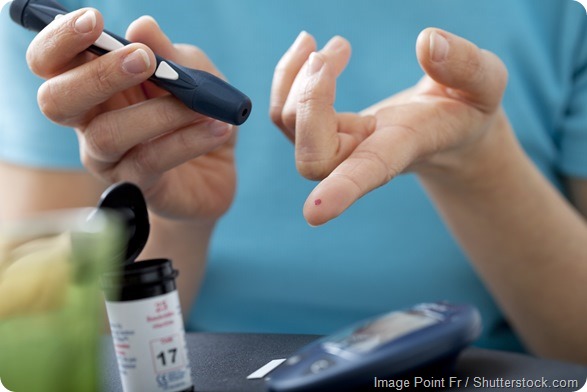It is widely accepted that working long hours can be detrimental to one's health; not least because it leaves less time free to exercise and can cause stress and sleep disturbances.
It has recently been reported that people working more than 55 hours per week doing manual work or other jobs of low socioeconomic status are more likely to develop type 2 diabetes than those working fewer hours.
Type 2 diabetes is metabolic disorder that develops when the body cannot produce sufficient insulin to remove excess glucose from the blood and is characterized by excessive thirst and urination. It can have serious cardiovascular consequences.

Mika Kivimäki, Professor of Epidemiology at University College London, UK, and his colleagues systematically reviewed and analysed available data (up to 30 April 2014) on the association between long working hours and type 2 diabetes. Their study included data from 4 published studies and unpublished data for over 2 million people from USA, Europe, Japan, and Australia.
The in-depth analyses revealed that people who worked 55 hours or more per week in positions of low socioeconomic status had a 30% greater risk of developing type 2 diabetes than their counterparts who worked 35–40 hours a week. This association remained strong even after taking into account risk factors such as smoking, low physical activity, age, sex, and obesity and after excluding shift work (which has been shown to increase the risk of obesity and developing type 2 diabetes).
Professor Kivimäki explained,
The pooling of all available studies on this topic allowed us to investigate the association between working hours and diabetes risk with greater precision than has been previously possible. Although working long hours is unlikely to increase diabetes risk in everyone, health professionals should be aware that it is associated with a significantly increased risk in people doing low socioeconomic status jobs.
The team proposed that the increased risk of diabetes may arise as a consequence of working disruptive schedules that leave little time to take part in health-restoring behaviours such as sleeping, unwinding, and exercising.
Further research is needed to identify the underlying mechanisms responsible for the association between long working hours and diabetes among people in positions of low socioeconomic status. In the meantime, work factors affecting health behaviours and increasing stress levels may need to be addressed as part of diabetes prevention strategies.
Sources
Kivimäki M, et al. Long working hours, socioeconomic status, and the risk of incident type 2 diabetes: a meta-analysis of published and unpublished data from 222 120 individuals. The Lancet Diabetes & Endocrinology, Epub before print Septemeber 2014. Available at: http://www.thelancet.com/journals/landia/article/PIIS2213-8587(14)70178-0/abstract